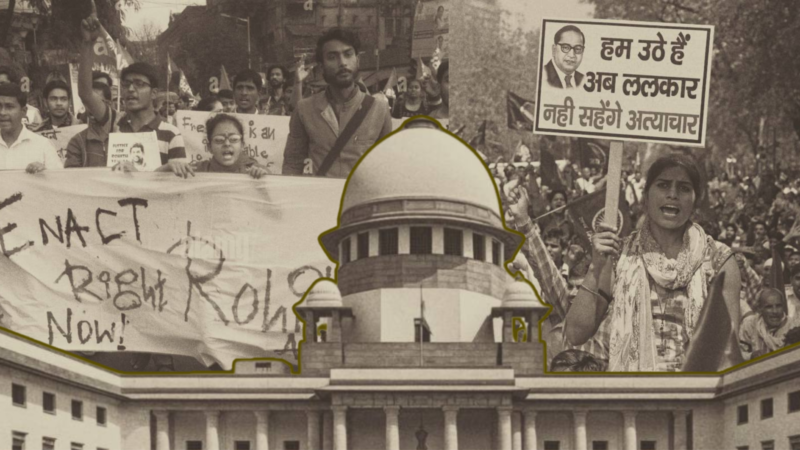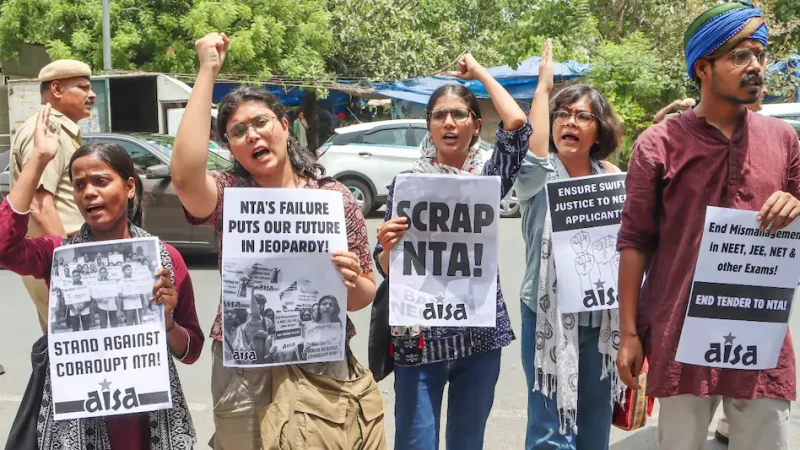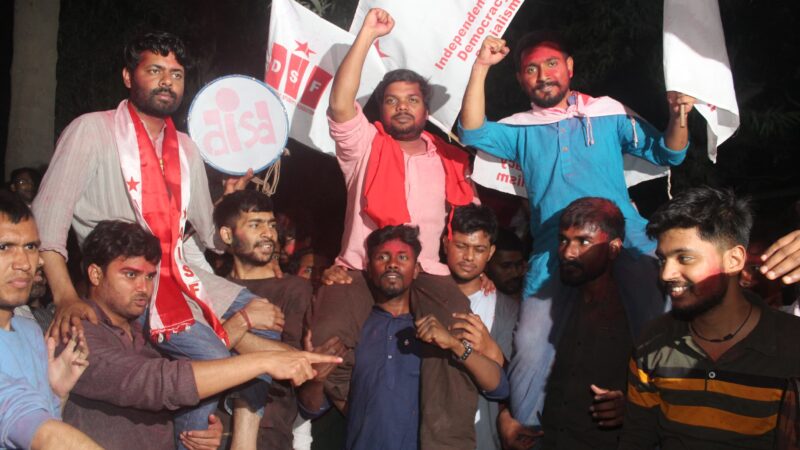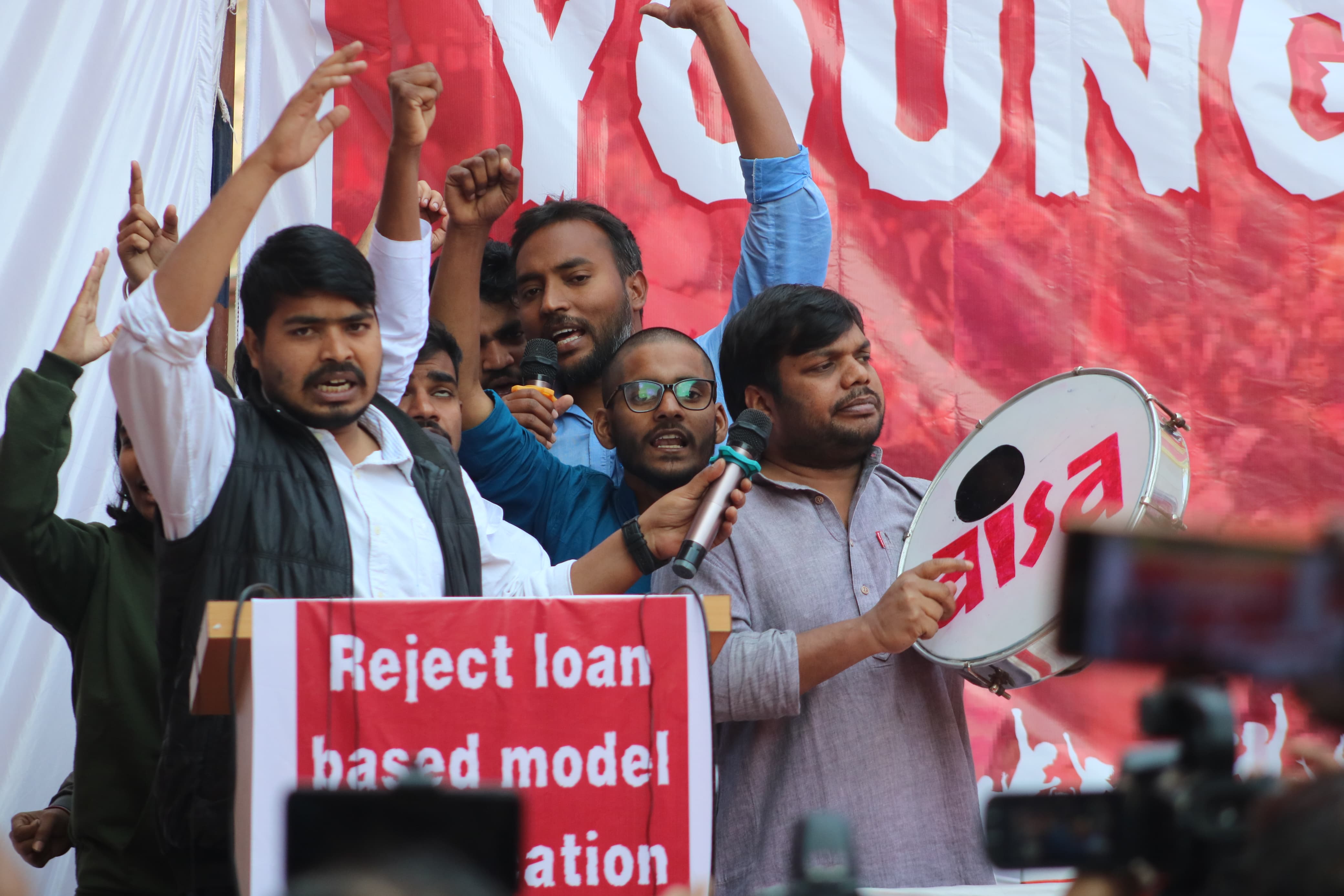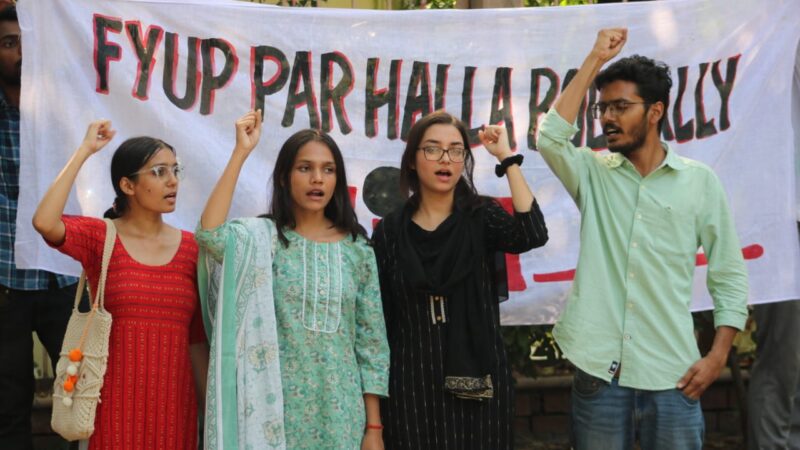16 Dec: Keeping the Flame Alive
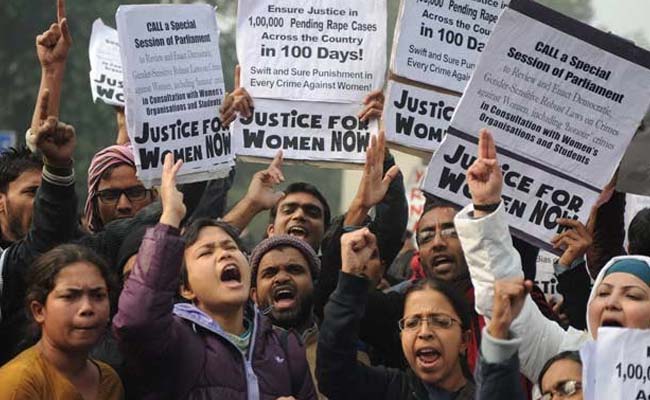 Fight Patriarchy! End Gender Violence!
Fight Patriarchy! End Gender Violence!
Stop Victim Blaming and Rape Culture!
Defend Women’s Right to Choice and Freedom!
Defend the Rights and Dignity of LGBTIQ People!
Resist Communal, Casteist and Racist Assaults on Women!
Make Streets and Public Transport Safe for Women!
Withdraw the Proposed Retrograde Transgender Bill!
#NoToRapeCulture
#NoToSexualViolence
#FreedomWithoutFear
On 16 December 2012, a young woman out to spend an evening with a friend, was brutally raped and murdered. That moment opened a wellspring of popular anger and protest, sparking off a remarkable mass movement. Five years down the line, we can look back at that horrific episode and its repercussions – in anger as well as in hope. What did the 16 December movement teach us? Where has it taken public discourse, our politics and our practice?
The 16 December movement was remarkable because it fore-grounded the question of women’s autonomy, freedom and rights. The protests soon took a form of a continuing movement demanding not just justice for the young girl but ‘freedom without fear’ – ‘bekhauf azadi’ for all women. Braving police batons, tear gases and water cannons, several thousands of students, youth and others continued to stay on the streets of Delhi, engaging with each other and coming to the realization that the safety of women lied not in the ‘protectionist’ arguments that under the garb of ‘women’s security’ only aimed to restrict her movement, her choices and her entire being. Don’t ‘police’ and impose ‘moral’, patriarchal codes on women, in the name of ‘protecting’ them, reiterated the movement. Stop the sugarcoating of stifling freedom in the name of ‘safety’, women said. It was indeed a powerful demand to reclaim the public space, to unapologetically state that women need NO excuse to be seen on streets and buses at any time of the day or night.
Since then, this demand has been echoed in University campuses, colleges, hostels and streets in several parts of the country. Whether it is Kaushalya (the brave woman in Tamil Nadu who is fighting against her own family to ensure justice for her husband who was murdered for the ‘crime’ of being a Dalit man who ‘dared’ to fall in love with an ‘upper caste’ woman) or Hadiya, women have been demanding freedom in its entirety. They have been demanding to be taken seriously, they are protesting against constantly being framed as vulnerable/malleable/gullible ‘infantiles’ who cannot be trusted to make sensible decisions. Students in the Banaras Hindu University (BHU) for instance, have battled their families, their hostel wardens, their Vice Chancellor, the state machinery and an active online troll army to defend their freedoms and rights. Of course, in the process, women have taken on some of the most powerful forces in the country – battling casteism, Islamophobia, patriarchy and sexism. Recently in Chandigarh, Varnika Kundu refused to remain silent when Vikas Barla, son of the Haryana BJP chief terrorized and stalked her. In doing so, she broke a long silence by challenging the atmosphere of impunity wherein men do not expect to be hauled up for ‘routine’ stalking. In Haryana, two women who took on all powerful and politically protected Baba Ram Rahim, showed immense courage. Indeed, in both cases, the complainants had to show incredible courage and perseverance.
Anti-Women Bias, Misogyny and Rape Culture By Those In Positions of Power
But the response of the state machinery, and of the powerful elite in both these cases showcased existing challenges. We witnessed moral policing, victim blaming, and ‘boys will be boys’ statements emanating from the corridors of power – from BJP functionaries, MPs and Ministers. Bigoted, sexist statements by right-wing ideologues and leaders became more rampant as they are assured of full encouragement and protection by the state machinery.
- “Those allegations of molestation are baseless. The girl students of JU who are leveling those allegations are themselves below standard, shameless and always in search of an opportunity to be in company of male students…Those who fear so much for their modesty, why did they go there….The male students wear women undergarments while female students put up sanitary napkins to voice their protest, they publicly kiss each other in the name of protest. Is this decency?” Dilip Ghosh, BJP’s West Bengal State President and MLA, responding to charges of sexual harassment against some ABVP activists.
- We have in fact repeatedly witnessed bigoted, sexist statements by right-wing ideologues and leaders, even more so now that they are assured of full encouragement and State protection. The OSD to the Haryana Chief Minister Jawahar Yadav said that JNU women protesters are “worse than prostitutes”? (India Today, Feb 13, 2016).
- Union Minister Babul Supriyo referred to the Chandigarh stalking by Vikas Barala, son of BJP leader Subhash Barala, as harmless “boy chases girl” which happens on-screen and off-screen! (‘Attempted Abduction Was Only Filmi-Style ‘Boy Chase Girl’ Says Modi’s Minister’ The Wire, 9/08/2017)
- BJP MLA Gyandev Ahuja declared that JNU students ‘dance naked’ and use up 3000 condoms in a night? (India Today, Feb 23, 2016).
- ABVP launched a national campaign in 2014 against live-in relationships.(Indian Express, ‘ ABVP says live-in relations a menace, opens campaign in DU’, Oct 8, 2014).
- A JNU Professor of SLL&CS who has openly written defending and ‘advising’ ABVP (‘What Ramjas Taught’, March 4, 2017), has demanded scrapping the deprivation points for women in JNU admissions (http://www.southasiasolidarity.org/2017/05/11/professor-makarand-paranjape-audio-extract/).
Reclaiming Hostel and University Spaces
It is in the backdrop of well-entrenched, state-sponsored sexism that the remarkable voices of resistance emerge. Women in BHU refused to remain silent any longer, and just like the women’s movement in Delhi University hostels, exposed and challenged the prisons that college hostels have become. What began as a horrific incident of molestation, soon turned into a massive assertion of outrage of the women students who gathered in large numbers near the Lanka gate of BHU defying all sexist and discriminatory rules. The BHU administration far from assuring to listen to the women of the campus ordered a brutal lathi charge on the students. Hostels of women students were forcefully vacated.
The BHU movement also highlighted longstanding patterns, wherein administrations routinely dole out sexist edicts. The movement pointed out that there is NO autonomous body to guarantee action against sexual harassment, there is NO free movement and free interaction for women. Their very public presence – whether on streets, or in libraries – is seen with suspicion and consequently policed and criminalized. Women are told that they cannot eat non-vegetarian food, cannot use mobiles, cannot use wi-fi facilities, cannot roam around freely.
And if the girls in BHU were demanding their freedom, the #MeToo (and subsequently the #YouToo) movement powerfully brought up the question of institutionalized sexism and harassment and the impunity enjoyed by powerful voices in academia and other workspaces. The Lists, while surely opening up debates within and outside feminist movement, surely showed the widespread anger and frustration against sexual harassment in academia and the lack of independent, autonomous, working institutions to address sexual harassment.
JNU Administration’s Attack on Autonomous Character of GSCASH
Institutional responsibility towards guaranteeing freedom, equality and safety for women has been recommended by the Saksham Guidelines of UGC in 2013. This has long been ignored by all university administrations as well as ruling governments. The current BJP-appointed VCs are dismantling autonomous GSCASH in Universities like JNU, which was a model GSCASH for the whole country, and are instead imposing puppet ICC bodies which can never do justice to women.
Let us be clear, justice cannot be guaranteed in cases of sexual harassment if the process of enquiry is not autonomous from the existing power structures in the university. When we demand GSCASH we demand this autonomy. In the name of ICC, university administrations appoint their own nominees who are answerable to the authorities in the university and not to principles of gender justice. So for fairness in enquiry and justice, it is essential that anti-sexual harassment bodies should have representation from different sections of university community through election and not by nomination by the administration.
The Proposed Transgender Bill 2016
The proposed Transgender Bill 2016 which is supposed to be tabled in the parliament in the ongoing winter session is a case in point. The bill in its present form dehumanises transgender person by definitions such ‘neither wholly male or wholly female’ or as ‘part male or part female’. Self identification of a transgender person is denied and humiliating provision such as getting determined from a screening committee is a part of the bill. The bill also threatens to mass criminalise the Hijra community in the name of prohibiting begging or enticement to begging.
The Way Forward…
Today, as we prepare to take forward the energy generated by the 16 December movement, let us remember the gains and limitations of our movement. Let us once again pledge never to remain silent when confronted with cases of sexual harassment, problematic assertions of power in relationships – EVEN when these cases involve people whom we know all too well as activists and respected academics. Let us pledge to strengthen and build strong and credible institutions to address complaints. Let us ensure that complainants receive ample support, rather than intimidation and ostracism. We live in difficult times, when hard-won rights and institutions are being culled away by the powers-that-be.
As we remember the Nirbhaya movement, let us provide strength and solidarity to each other to take forward the questions of freedom, equality and rights for ALL.
